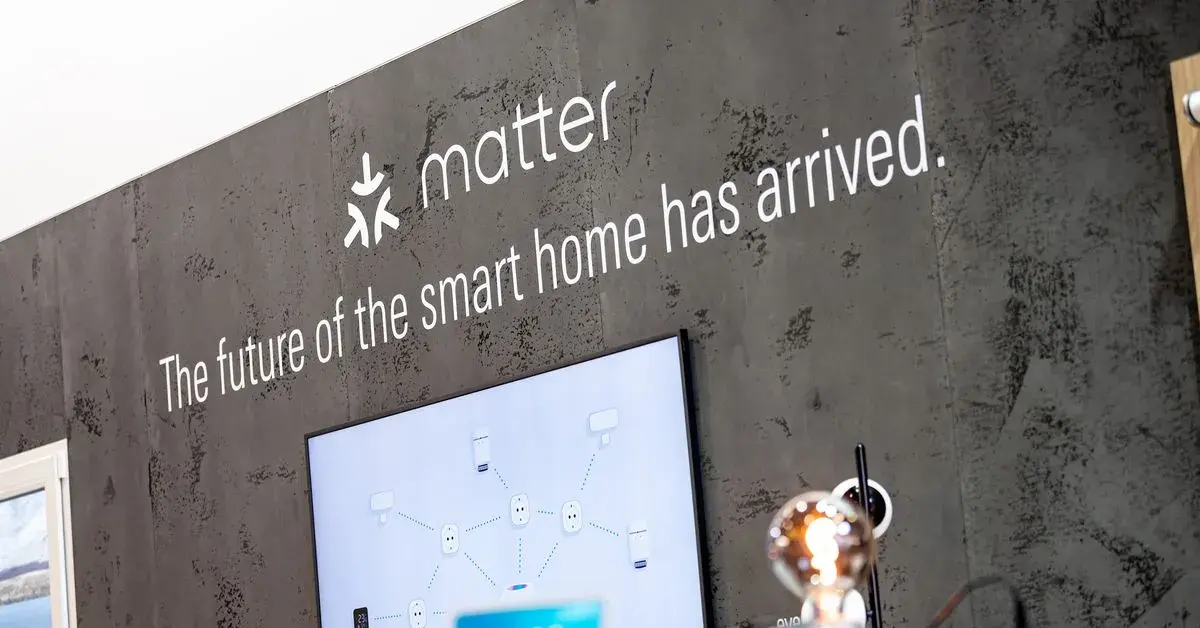The article discusses expectations for smart home announcements at the upcoming IFA tech show in Berlin. While companies may unveil new smart speakers, cameras and robot vacuums, the smart home remains fragmented as the Matter interoperability standard has yet to fully deliver on integrating devices. The author argues the industry needs to provide more utility than novelty by allowing different smart devices to work together seamlessly. Examples mentioned include lights notifying users of doorbell activity or a robot vacuum taking on multiple household chores autonomously. Overall, the smart home needs solutions that are essential rather than just novel if consumers are to see the value beyond the initial cool factor.



I went Z-Wave years ago based on some arbitrary feature (the Zigbee network size limitation, I think?) and have been very happy (and cloud-independent). However, Z-Wave device do tend to be more expensive, and it can be challenging to find some devices. Smart Z-Wave bulbs seem to have disappeared from the market, for instance.
I still have X10 stuff but need to move to something else at least for some things. I liked what I saw about z-wave in terms of being on another band from wifi and Bluetooth and also being more secure.
Then again I could wait some more too or just go z-wave and change later if needed.
It seems most USB controllers now support both protocols, so you could mix and match, I suppose. I’m used to Z-Wave, so that’s what I buy, but if I could only find something in Zigbee, I’d try it. The dongle I’m using now does both.